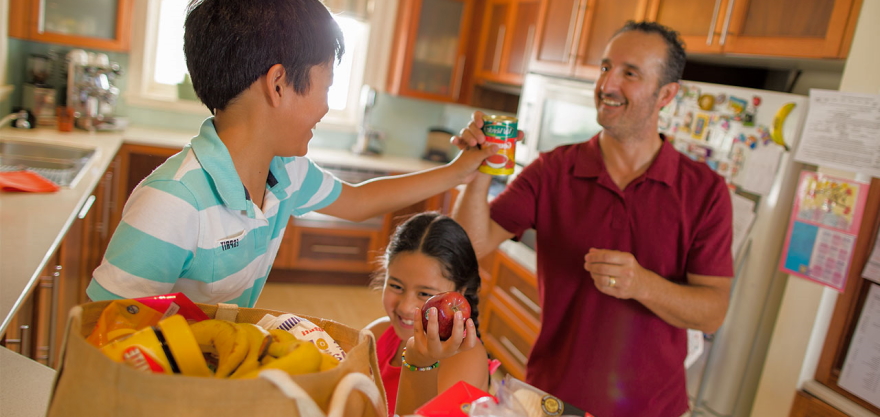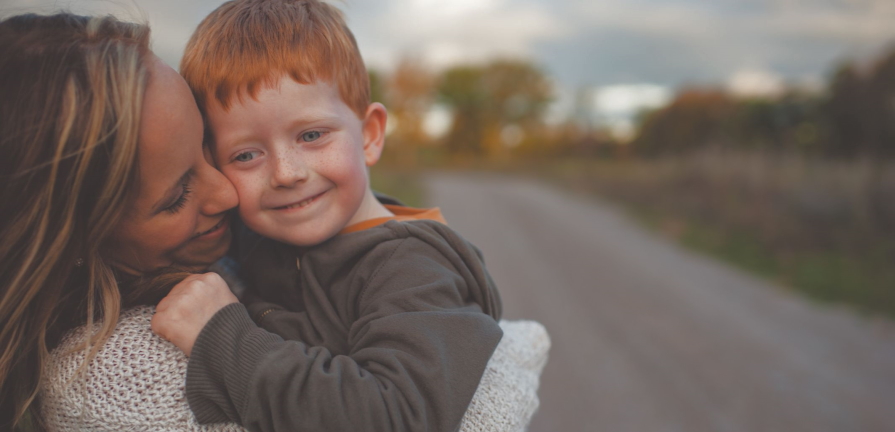To begin, consider whether your words will enhance or diminish your bond with your child in any given situation. If the answer is insufficient, take a breath and reconsider. If you’ve already said the words, apologize to your child and move on in a way that repairs your relationship. Second, ask yourself if you would speak to a close friend in the same manner as you are about to speak to your child. If no, pause, take a big breath and come up with new terms. Here are some ways to raise a respectful child-
- GO FOR A WALK
Encourage youngsters to employ proper etiquette by modelling it rather than telling them to say please and thank you. Kids learn more from what you do than what you say, so take advantage of the ways your children can show respect to people — they’ll eventually copy your actions. But isn’t it humiliating when our children don’t always say please and thank you? It appears to be a negative reflection on our parenting abilities.

- CHILDREN SHOULD NEVER BE FORCED TO SHARE.
Although you may wish for young children to share, teaching your child about respect. Model sharing as much as possible and encourage your child along the way – they’ll learn that sharing can be a positive social experience, but they must do so on their timetable. You can purchase your toys and store them in a specific location to share with your children or visitors. Permit your child to decide whether or not particular toys are off-limits to others and should never be shared. This is a right that adults have, and it is only fair that children have it.

- FORCED AFFECTION CAN BE HAZARDOUS.
Demanding that youngsters show affection implies that others have the right to make decisions about their bodies. It’s a risky precedent to establish, and it’s also insulting. Instead of encouraging youngsters to show affection, you can recommend that adults do so. Talking to family and friends about it will help them alter their expectations, safeguard their feelings, and avoid disappointment. If your child has a deep bond with the person showing affection, they are likely to stretch their arms wide for a huge hug. It’s fine if they don’t, though.
- APOLOGIES SHOULD NEVER BE REQUIRED.
When youngsters commit mistakes, they lose a sense of self-respect. If you chastise them or demand an apology, they will lose much more and suffer mental distress. They can’t learn when they’re hurting, and mistakes are all about learning, developing and explain respect to a child. Rather than requesting an apology, assist your youngster in resolving the issue. Model apologizing as well, indicating that it’s okay to recognize you’ve made a mistake.
